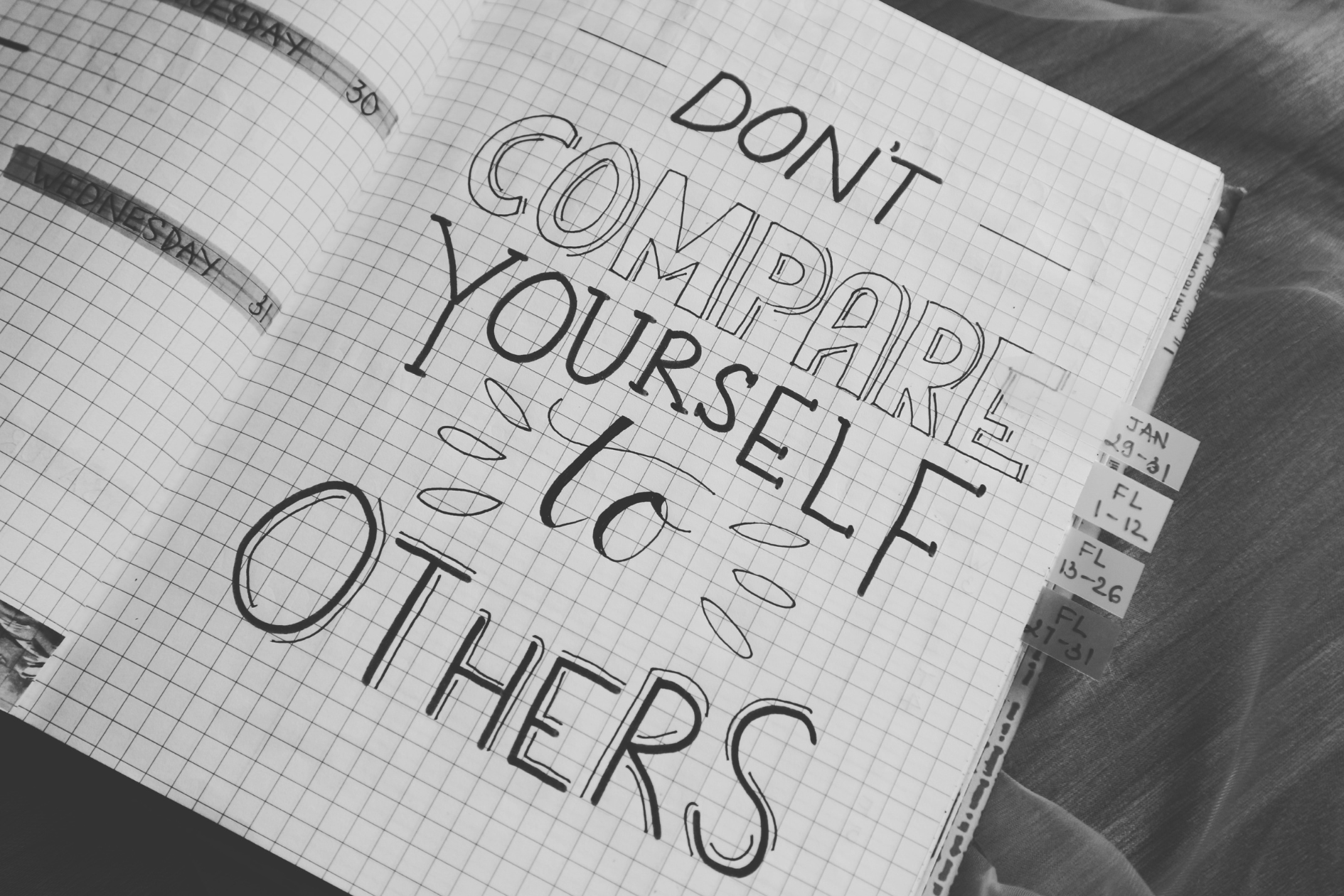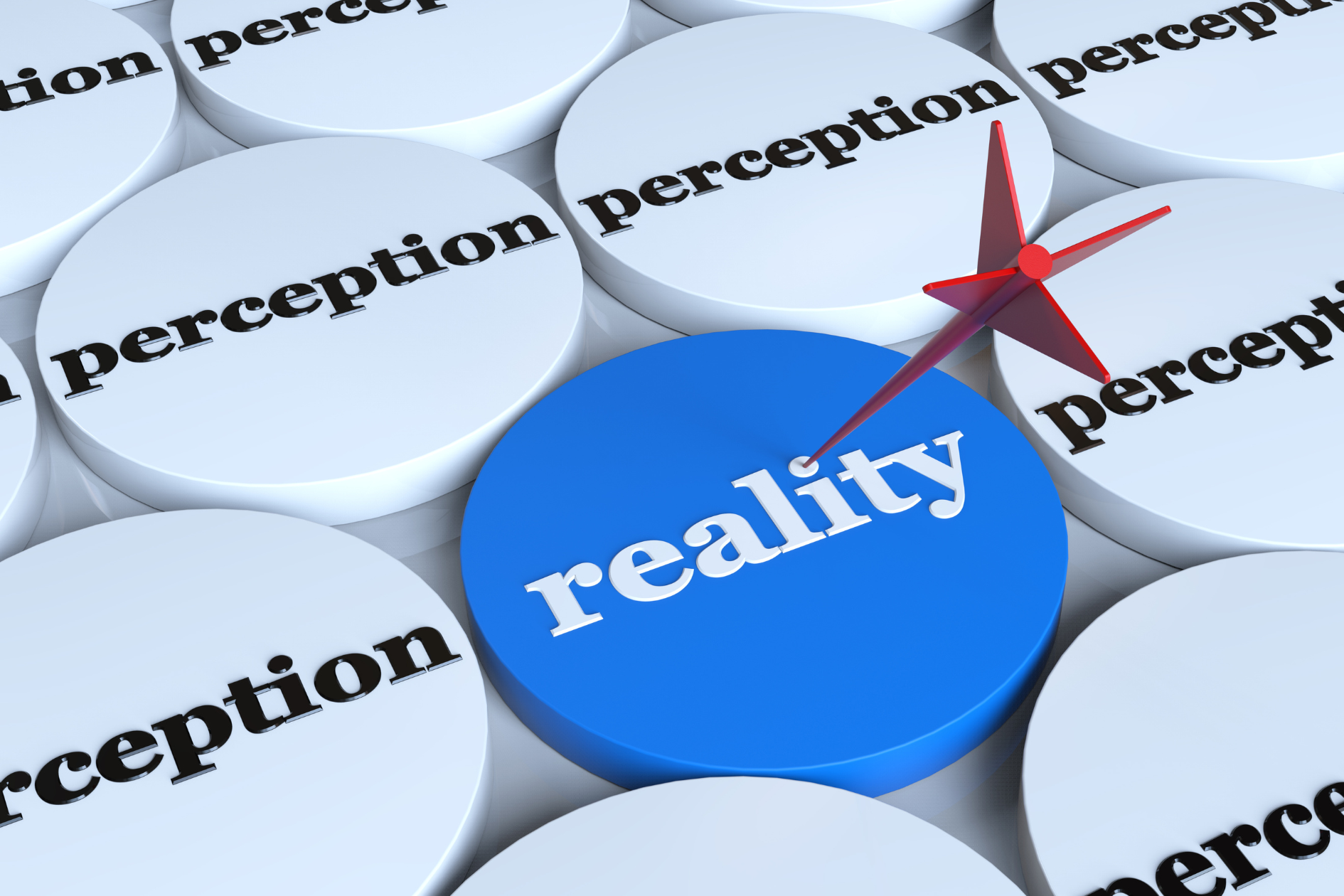"Alone we can do so little; together we can do so much." - Helen Keller
Caregiving can feel incredibly isolating. As caregivers, particularly mental illness caregivers, we can sometimes feel as if we do not have the right to tell our stories since they are really our loved ones' stories of living with mental illness or other chronic and serious illnesses. Additionally, when surrounded by people we feel "do not understand," it's easy to feel judged or shamed for our choices. Finding a space where we can be vulnerable or authentic can be challenging and, at times, feel downright impossible.
Fortunately, we are not alone. Courage to Caregivers is dedicated to bringing together caregivers to create a community of CARE. We are here to support you - as a caregiver - as YOU - in your personal growth journey towards greater health and well-being. When you take care of yourself (too), you provide better care to those you love.
This month, we have explored how we can better collaborate with those around us through MANAGING our perceptions, AVOIDING comparing and despairing, and FINDING gratitude. Remember, you are never alone.
3 TOOLS FOR COLLABORATION:
Practice Active Listening - By listening to understand rather than to respond, we can better connect with those around us.
Be Empathetic - By feeling "with" others rather than "for," we can more strongly understand where people are coming from.
Ask for What You Need - By being specific about what we need from the people who want to be there for us, we can help others in supporting ourselves.
Check out our entire November newsletter focused on Collaboration here.
Read More




















